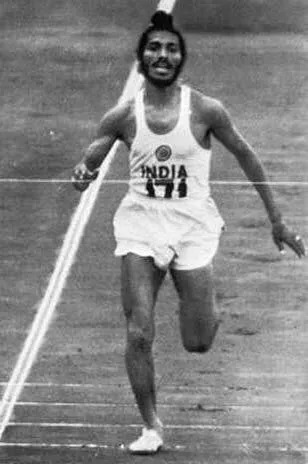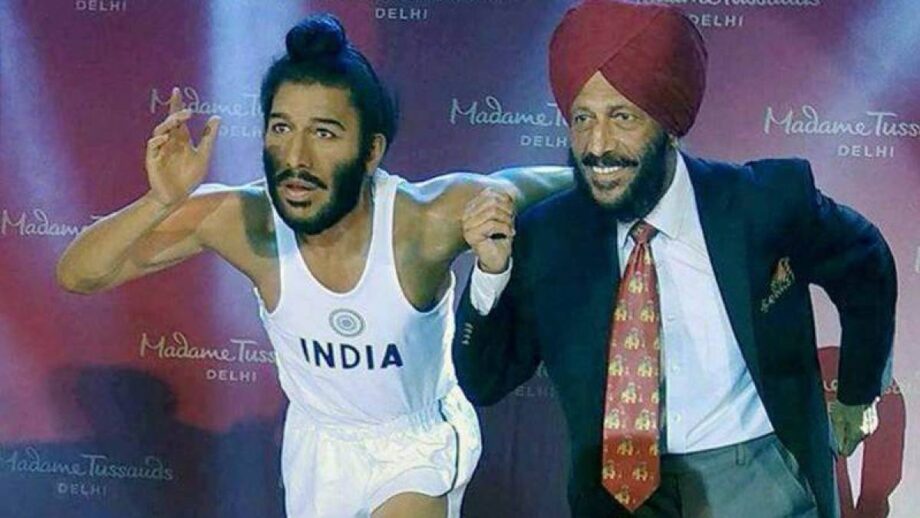On Friday night, the Indian athletic community lost one of its most cherished sons, famous sprinter Milkha Singh, who had been battling Covid-19 for a few weeks. Milkha Singh, popularly understood as the Flying Sikh, is a real athletic figure in the country, with his life, particularly his boyhood stories, inspiring others on and off the field.
Milkha’s life has been a roller-coaster ride, beginning with being forced to leave his birthplace in Govindpura (now Pakistan) and ending with his country receiving the highest honors in athletics. People got a peek of the sprinter’s ordeals thanks to the biography on his film, ‘Bhaag Milkha Bhaag.’
As the entire country mourns his passing, here are some lesser-known facts about Milkha Singh:
1. Milkha Singh went on to become one of India’s greatest athletes, although he had a tendency to become a thief. The difficulties he had as a kid, as well as traumatic encounters, led Milkha to consider a life of crime, but fate had different plans for him.
2. Milkha Singh attempted to join the Indian army for the first time in 1949 but was unsuccessful. His second effort, in 1950, was similarly a failure. He eventually worked in the rubber industry before joining the army in 1952, when he allegedly earned Rs 39 and 8 annas.
3. Milkha made his Olympic debut in Melbourne in 1956 but was eliminated in the first round. He initially received public recognition when he won a gold medal in the Commonwealth Games in 1958. In the 1960 Rome Olympics, he finished fourth and set a new 400m national record of 45.73 seconds.
4. He was once imprisoned at Tihar Jail for attempting to board a train without a ticket. His sister had to sell her jewelry to pay for Milkha’s bail.
5. Milkha Singh presented all of his medals, trophies, and athletic honors. They are currently on display in Patiala’s Sports Museum.
6. Milkha Singh had three children and a son of his own, but in 1999 he adopted Bikram Singh’s 7-year-old son, who died in the Kargil War.
7. When Milkha Singh received the “Arjuna Award” in 2001, he said that it was “40 years too late.”




